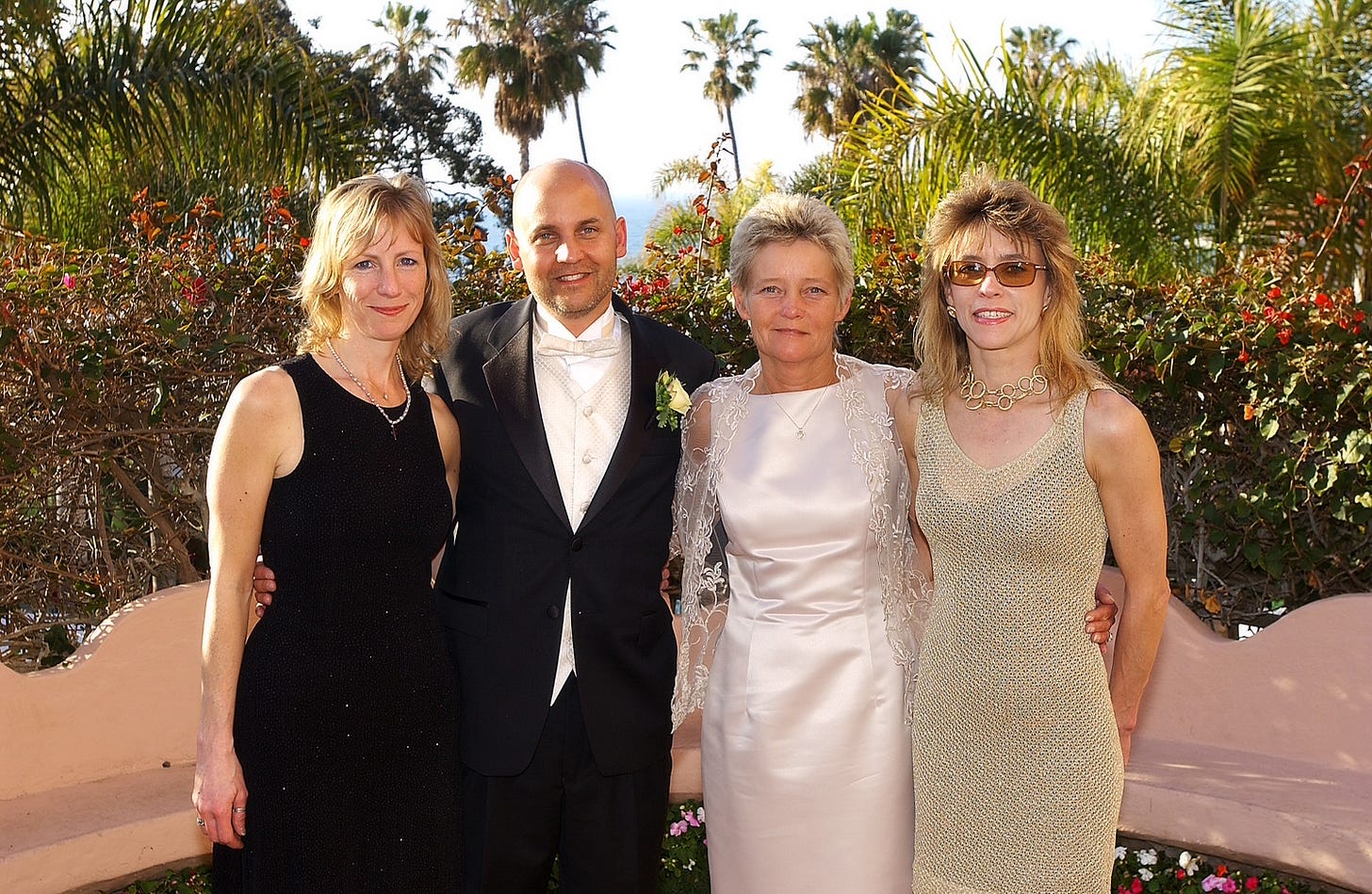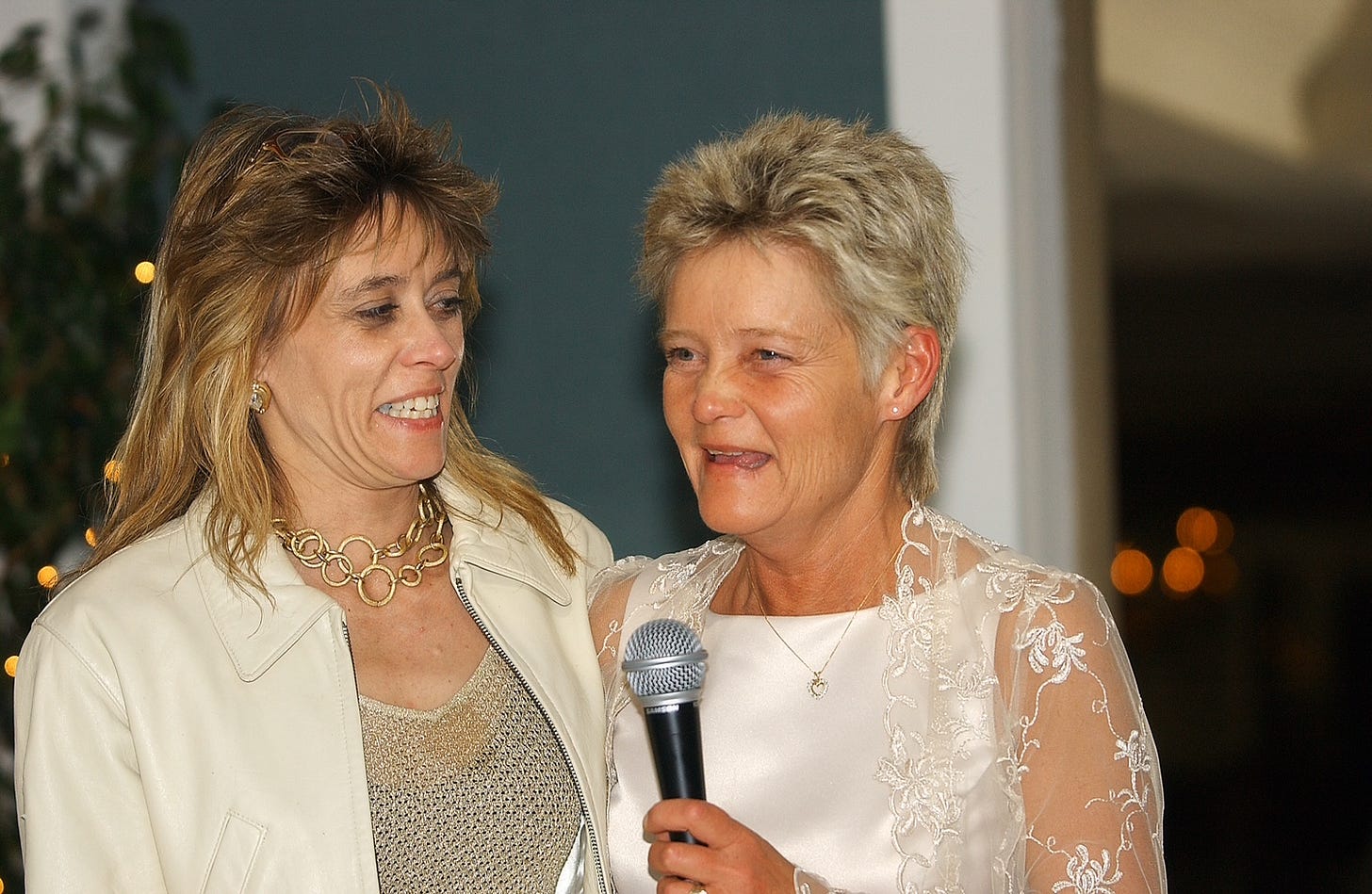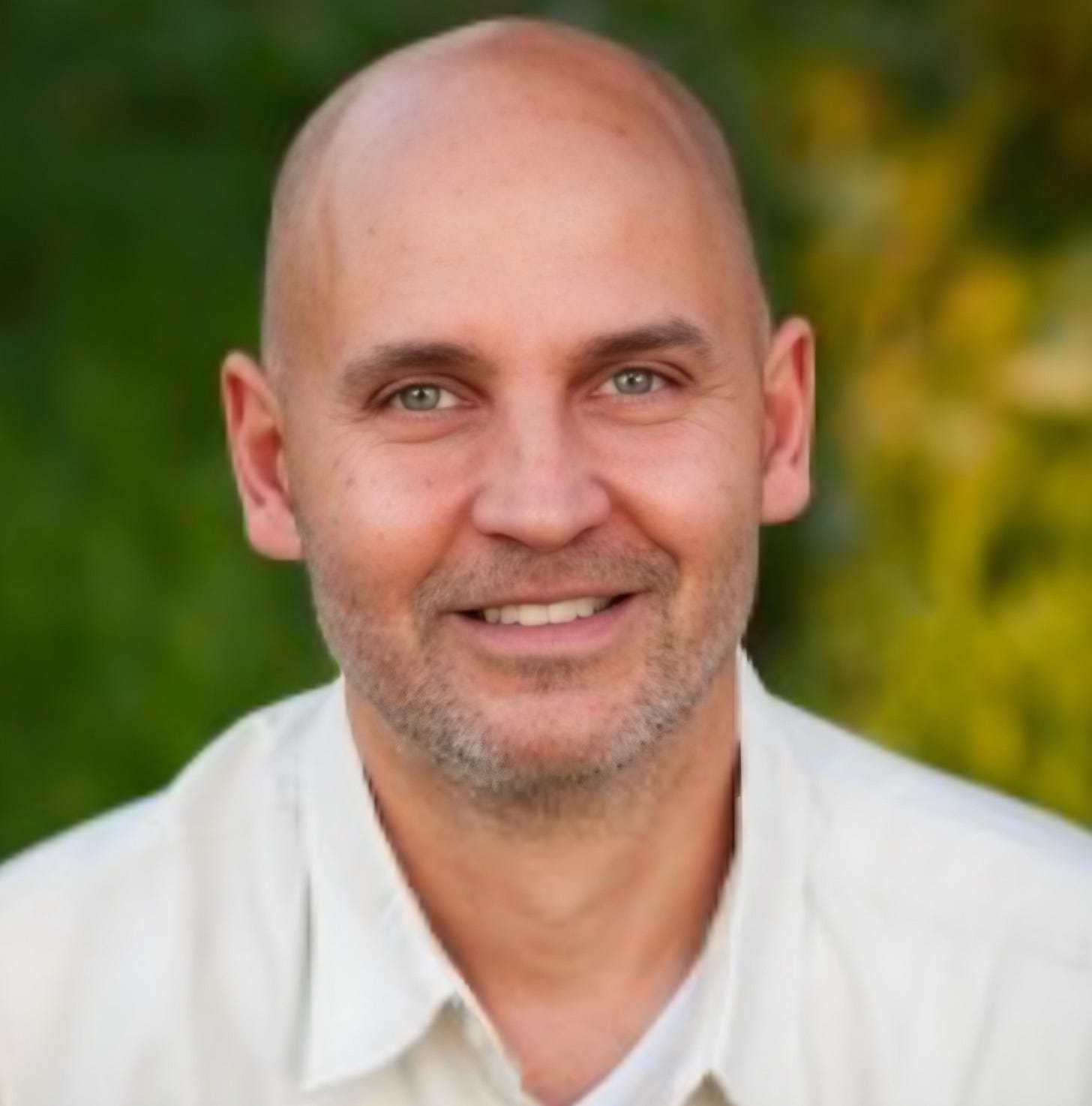“The birds sang at the break of day. Start again, I heard them say—don't dwell on what has passed away, or what is yet to be.”
—Leonard Cohen, "Anthem"
Today is my birthday. Not long ago, this fact carried with it a certain lightness, a childlike anticipation—a hope, perhaps unreasonable, that something special would arrive to set this day apart from the others. But birthdays, as I have learned, become measuring tapes as much as mile markers—a way of marking not just the time that has passed, but the distance between what was and what remains.
For as long as I can remember, my birthday has never stood alone. My older sister’s birthday was yesterday—she was born one year and a single day before me, which meant for 364 days each year she was “just” one year older. But there was that single, peculiar day—June 1—when I fell two years behind. It gnawed at me as a child, this injustice, that on her birthday she could claim two years of extra experience, two rungs higher on the ladder of life, if only for twenty-four hours. Our sibling rivalry was translated, mathematically, into a personal social justice crusade. Life was not fair! My cause, however, always fell on deaf ears.
Each year I would ask why this cruel trick of fate couldn’t have played out in my favor, with me being born a day before her, so that I could, even for a single day, even the score and claim equality?
As we grew older, the edges softened. Eventually it became a joke I shared—“Old lady!” I would call, and she took it in stride. The symmetry of age became a game played across phone lines and time zones, but its real meaning was always intimacy: two companions sharing the strange arithmetic of growing up.
Life among siblings, like life writ large, is not always fair—or merciful. Just over a year ago, my older sister died. A celebration of life was held, in her honor, last year on her birthday, where, for the first time, there was no phone call, no exchange of aging jokes, no recitation of the annual script. Only a very sad acknowledgment that on that day, for the very first time, I was her age. Her passing had allowed the calendar to even the score, but at a price I would never have chosen to pay. The symmetry I chased as a child only arrived in her absence.
Mortality, that silent metronome, marks us all. “Questions rushed in to fill the vacuum,” Why this? Why now? No answer comes that can blunt the sting. With her passing, the fabric of those long-held sibling rituals unraveled into a single, cold thread—one that binds not through laughter but through silence.
As if to underscore this march of time and loss, tragedy struck again. My younger sister—whose story I have handled delicately, out of respect for her privacy—was killed just weeks ago in a motorcycle accident in Spirit Lake, Idaho, when, in a tragic irony that she, a recovering alcoholic, was taken by a drunk driver who failed to yield. She was 61. She wore her helmet; doing her best to play by the rules. And while, at times, it seems that the universe, does not, there is a divine end-game.
When I chronicled my journey in The People of the Sign, my younger sister was angry that I wrote about our childhood. Each of the three of us processed the dysfunction, the shadows, the longing for a place to belong, of our childhood in different ways. She wanted to tell her own story, her own way. But that is sadly now not to be the case.
Now, with both of them gone—the two bookends to my own story—I am left to navigate the middle alone. No playful banter about age, no older or younger sibling, just the aching arithmetic of one. The temptation is great to rage against fate, to find solace in anger or bitterness, to curse the machinery of a world that can deal loss so randomly and so completely.
Instead, I am called to something else. I turn, as my younger sister and so many others have, to the words made famous in the rooms of Alcoholics Anonymous—a prayer stitched together from ancient wisdom and hard-won humility:
God, grant me the Serenity
to accept the things I cannot change,
Courage to change the things I can,
and Wisdom to know the difference.
The honesty of those words hits differently now. The program’s insistence on acknowledging a “higher power”—however one defines it—offers a kind of paradoxical sovereignty. In submitting to something greater, we are not diminished but enlarged. I once confessed, “Documenting my beliefs and the actions taken because of them is a powerful mirror that has helped me continue to detach myself from who I was, in favor of who I might become.” This detachment, difficult as it is, makes space for a new kind of freedom.
To submit is to accept that, in the face of death and loss—when the arithmetic no longer adds up—there is still meaning to be made. There are still lights to tend, bells “that still can ring.” Maybe there is still laughter, albeit quieter, echoing out from beneath the grief.
So on this milestone, this bittersweet birthday, I choose to take stock not simply of the years lost or the rituals upended, but of the cracks through which the light still gets in. I remember my sisters—their humor, their flaws, their patient willingness to play along with my storytelling. I honor their memory by refusing to let either bitterness or mathematical precision define their absence. As I once wrote:
Reflecting on whom and what we are can assist in purifying the heart to better reflect the light.
If you have lost, you are not alone. If you are growing older, you are in good company. We are all just doing our best with the numbers handed to us, marking time with laughter, with sorrow, and—if we are very lucky—a little grace.
Sincerely,
Wade Fransson
In loving memory of my sisters. For all whose years are turning, whose losses are many, and who dare, still, to reflect the light that slips in through every crack.
About The Author
Wade Fransson is a former Christian Minister who served in numerous countries, including many in Eastern and Western Europe, South Africa, and the United States. His religious tradition included a deep appreciation for Judaism, in which they observed the Jewish Sabbaths and Holy Days from a Christian vantage point, giving him unique insights into progressive revelation. In 1981, he visited the Baha'i World Center, during which he participated in the City of David archaeological expedition in partnership with Ambassador College and Hebrew University. Twenty-five years later, he embraced the Baha'i Faith, publicly declaring his commitment along with his wife, Angela, in 2007. Inspired by his first pilgrimage in 2010, Wade founded Something Or Other Publishing and SOOPmedia, two innovative platforms for aspiring and established authors through a patented model that integrates the most effective elements of traditional and self-publishing. Wade and his family are proactive participants of the Baha'i Community, launching projects such as The Royal Falcon Foundation and the weekly podcast "Created in the Image of God."
Enjoy the legacy offer on his book trilogy— available exclusively at Something Or Other Publishing: https://soopllc.com/product/legacy-offer-wade-franssons-book-trilogy/







Happy birthday 🎈🎂🎊